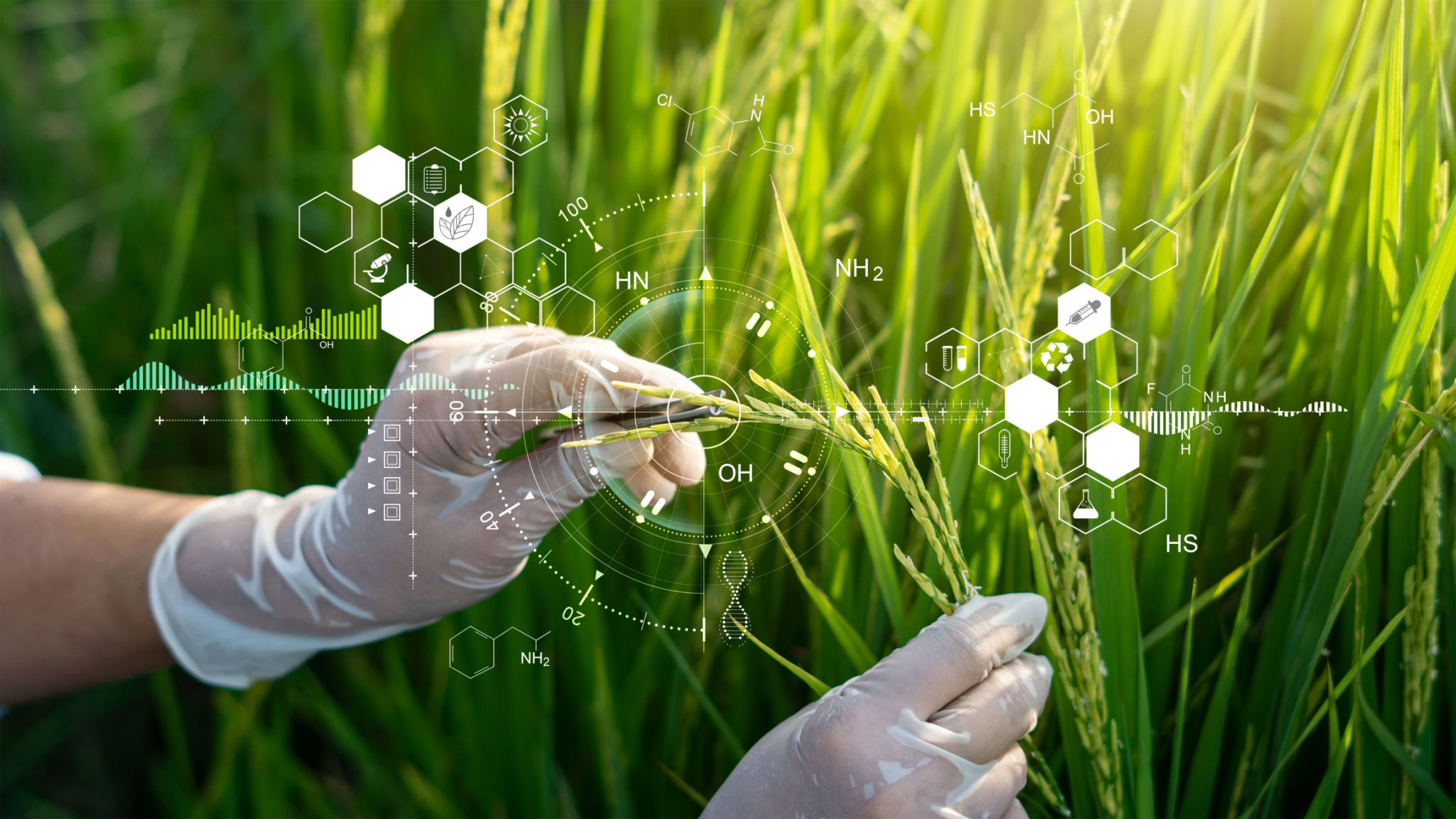How Nutrigenomics Can Transform Your Health: A Guide
Understanding Nutrigenomics
Nutrigenomics is a fascinating field at the intersection of nutrition and genetics. It explores how our genes interact with the foods we eat and how this interaction affects our health. By understanding these relationships, we can make informed dietary choices that align with our genetic makeup to improve our overall well-being.

The Science Behind Nutrigenomics
At its core, nutrigenomics studies the impact of nutrients on gene expression. This means examining how different foods can turn genes on or off, influencing bodily functions such as metabolism, inflammation, and even disease risk. The science is rooted in the belief that personalized nutrition can play a vital role in preventing and managing health conditions.
Benefits of Nutrigenomics
One of the most significant benefits of nutrigenomics is its potential for personalized nutrition plans. By analyzing an individual's genetic profile, experts can recommend specific foods or supplements that cater to their unique needs. This approach can help in:
- Reducing the risk of chronic diseases
- Improving digestion and nutrient absorption
- Boosting energy levels and mental clarity

How to Get Started with Nutrigenomics
If you're interested in exploring nutrigenomics, the first step is to undergo genetic testing. Many companies offer at-home test kits that provide insights into your DNA. Once your results are in, a nutrigenomics expert can help interpret them and develop a tailored nutrition plan that aligns with your genetic predispositions.
Practical Applications
Nutrigenomics can be applied in everyday life through simple adjustments in your diet. For example, individuals with a genetic predisposition to lactose intolerance might benefit from lactose-free products or alternative sources of calcium. Similarly, those with a higher risk of inflammation may need to increase their intake of anti-inflammatory foods like omega-3 rich fish.

Challenges and Considerations
While the potential of nutrigenomics is promising, it's important to be aware of its limitations. Genetic testing can sometimes be costly, and not all genetic markers have been conclusively linked to specific dietary needs. Additionally, lifestyle factors such as exercise and stress also play crucial roles in health outcomes and should be considered alongside genetic information.
The Future of Nutrigenomics
The field of nutrigenomics is rapidly evolving, with ongoing research uncovering new connections between genes and nutrition. As technology advances, it's likely that personalized nutrition will become more accessible and widely adopted, offering individuals more control over their health.
Ultimately, by embracing nutrigenomics, we can move toward a more personalized approach to health that takes into account our genetic individuality. This not only empowers us to make better dietary choices but also paves the way for improved health outcomes and a better quality of life.